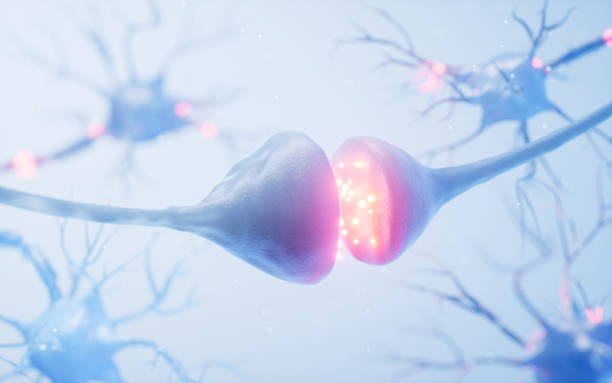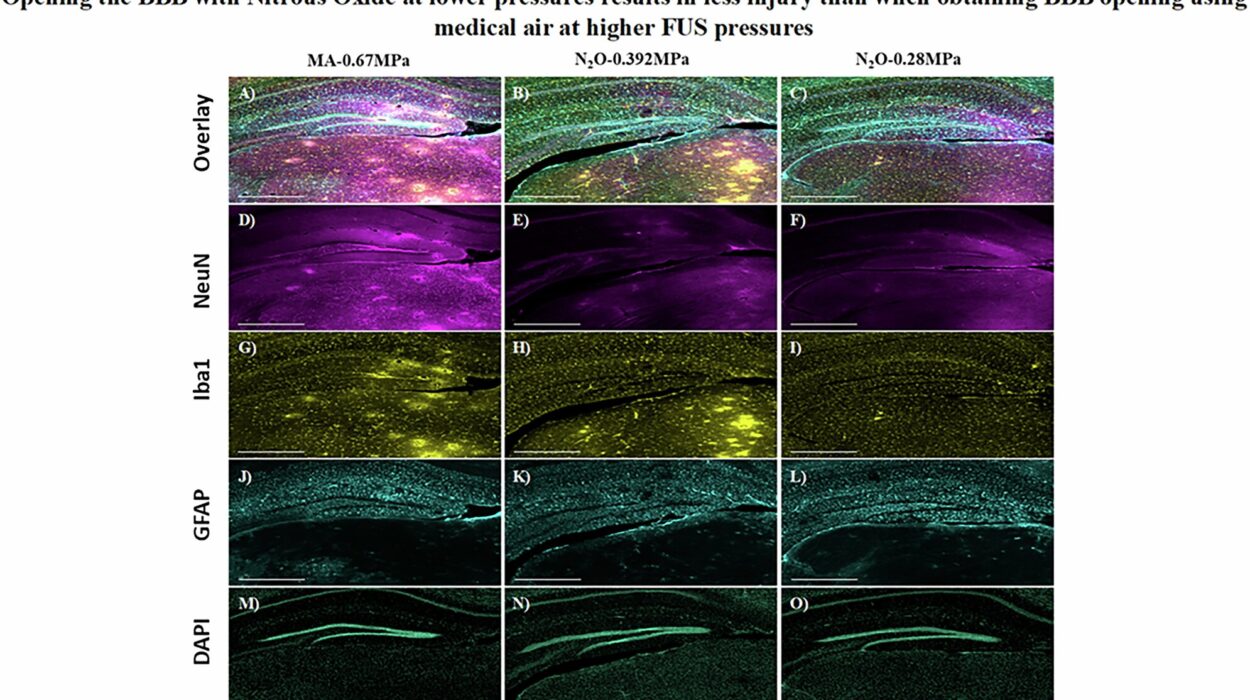In the modern world, ultra-processed foods are everywhere—convenient, affordable, and often irresistibly tasty. From processed meats on our sandwiches to sugary sodas in our fridges, these foods have become staples of daily life. But what if the convenience of these products came at a hidden cost? New research from the Institute for Health Metrics and Evaluation at the University of Washington offers a startling insight: even moderate consumption of ultra-processed foods is linked to significant health risks, including type 2 diabetes, heart disease, and colorectal cancer.
The study, published in Nature Medicine, presents one of the most comprehensive analyses yet on the health impacts of processed meat, sugar-sweetened beverages (SSBs), and trans fatty acids. It shows that these foods are not just linked to chronic diseases at high consumption levels but can raise the risk at even modest intakes.
The Trouble with Processed Foods
Processed foods, particularly those loaded with preservatives, chemicals, and artificial ingredients, are often marketed as fast, convenient, and affordable alternatives to fresh meals. However, research has consistently shown that these foods come with a hidden price tag—your health.
“Even moderate consumption of ultra-processed foods is linked with measurable increases in chronic disease risks,” explains Elizabeth A. B. Johnson, one of the study’s lead authors. “We’re not just talking about a diet of junk food—small amounts of processed meats, sugary drinks, or trans fats can significantly harm your health.”
The study found that processed meats, such as sausages, hot dogs, and deli meats, which are preserved through smoking, curing, or chemical additives, are particularly harmful. These meats contain compounds like N-nitroso agents, polycyclic aromatic hydrocarbons, and heterocyclic amines, which have been linked to tumor development.
Meanwhile, sugar-sweetened beverages (SSBs)—a leading source of added sugars in many diets—are tied to weight gain, cardiovascular disease, and diabetes. Trans fatty acids, created to solidify vegetable oils, contribute to systemic inflammation and heart disease.
A Deep Dive Into the Data
To understand the risks of these foods more clearly, researchers applied a Burden of Proof meta-regression method, analyzing vast amounts of data from cohort studies and case-control data. The study examined the consumption patterns of over 5.5 million people across 40 years of health data.
The results are as compelling as they are concerning: processed meat consumption between 0.6 grams and 57 grams per day was associated with at least an 11% increased risk of developing type 2 diabetes, even in moderate amounts. For colorectal cancer, moderate consumption of processed meat raised the relative risk by 7%, with an estimated 26% higher risk at 50 grams per day.
What’s particularly striking is that sugar-sweetened beverages—a major source of empty calories in many diets—were linked to an 8% higher risk of type 2 diabetes with just moderate intake. Even a daily serving (roughly 250 grams, or a typical can of soda) increases the risk of diabetes by 20%. These drinks were also associated with a slight increase in ischemic heart disease (IHD) risk.
Trans fatty acids—once a standard ingredient in many processed foods—also contributed to risk, with even small quantities (as low as 1% of daily energy intake) associated with a 3% increase in heart disease risk.
Researchers found that the risk increased with every gram of processed food consumed, with the steepest rises occurring even at low levels of habitual intake—approximately equivalent to one serving or less each day.
Even Small Amounts Matter
Perhaps the most alarming takeaway from the study is the finding that small, seemingly insignificant amounts of ultra-processed foods can still be harmful.
While it’s widely accepted that an overreliance on processed meats, sugary drinks, and industrial trans fats leads to chronic diseases, this study shows that even low habitual intake levels could pose measurable risks. The findings indicate that risks are present even in the “moderate” consumption many people assume to be safe.
“Every small portion you consume adds to your overall risk,” Johnson says. “The steepest increases are happening at the lower levels of intake. So, those daily sodas or sandwich meats you think are harmless? They may be taking a serious toll on your health.”
The Global Burden of Chronic Diseases
The implications of this study extend beyond individual health choices. Chronic diseases like type 2 diabetes, ischemic heart disease, and colorectal cancer place a massive burden on global healthcare systems. According to the World Health Organization (WHO), these conditions are among the leading causes of premature death worldwide.
In fact, processed meats alone were estimated to have contributed to nearly 300,000 deaths globally in 2021. SSBs and trans fats accounted for millions of disability-adjusted life years (DALYs), a measure that combines years of life lost to premature death and years of life spent living with illness.
Given the staggering global impact of these diseases, the study’s findings provide strong support for public health recommendations aimed at reducing consumption of processed foods. In particular, the WHO has long called for measures such as taxes on sugar-sweetened beverages and bans on trans fats to curb the global rise of chronic disease.
“Even small reductions in the consumption of these harmful foods could have a significant impact on public health,” the researchers write. “The benefits of these interventions could be enormous.”
Health Recommendations: Small Steps for a Big Impact
The study supports existing public health guidelines that call for substantial reductions in processed food consumption. But how can we begin to make these changes in our daily lives?
- Limit processed meats: Opt for lean cuts of fresh meat, poultry, or plant-based protein sources, such as beans and lentils. If you choose processed meats, try to make them an occasional treat rather than a daily staple.
- Rethink sugary drinks: Swap sugary sodas and energy drinks for water, herbal teas, or naturally flavored sparkling water. Even small reductions in sugary drink consumption can help lower your risk of diabetes and heart disease.
- Ditch trans fats: Avoid packaged foods that list partially hydrogenated oils, which are a major source of trans fats. Look for healthier alternatives, like olive oil, avocado, or other plant-based oils.
- Eat whole, unprocessed foods: Focus on fresh fruits, vegetables, whole grains, and lean proteins. These foods are naturally rich in nutrients and can support long-term health.
A Wake-Up Call for Our Diets
As the global food system evolves, the prevalence of ultra-processed foods continues to rise. While these foods may be convenient and widely available, the growing body of evidence warns that they come with a significant health cost.
This study is a timely wake-up call—a reminder that even small, daily choices about the foods we eat can have a lasting impact on our long-term health. With the risk of chronic diseases growing globally, it’s more important than ever to reconsider our reliance on processed foods and make healthier choices for ourselves, our families, and our communities.
By taking small steps to reduce processed food intake, we can all play a part in mitigating the burden of chronic disease on our health—and on the planet.
References: Demewoz Haile et al, Health effects associated with consumption of processed meat, sugar-sweetened beverages and trans fatty acids: a Burden of Proof study, Nature Medicine (2025). DOI: 10.1038/s41591-025-03775-8
Wanglong Gou et al, Updating the evidence on ultra-processed foods and health, Nature Medicine (2025). DOI: 10.1038/s41591-025-03782-9






